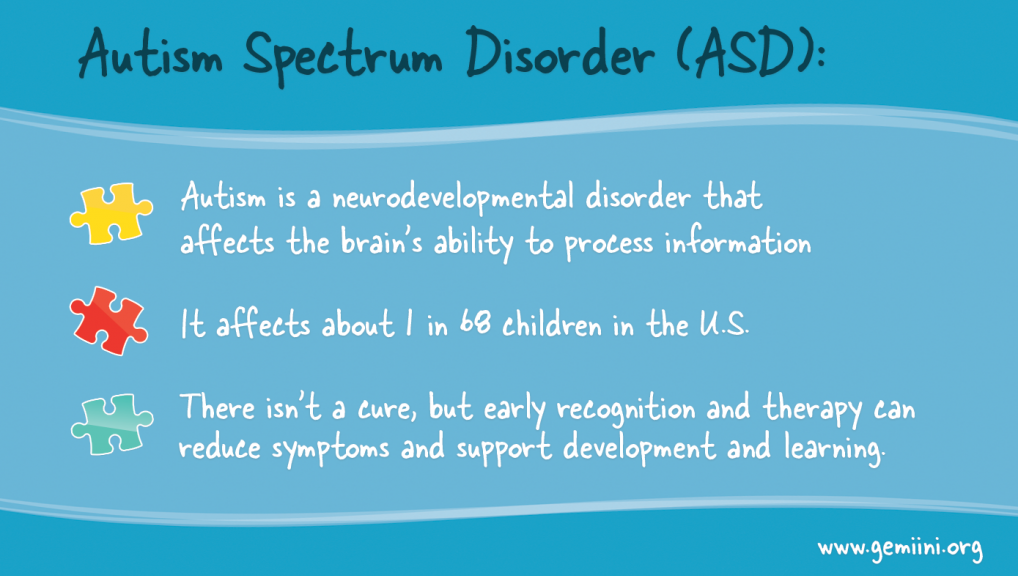
April is Autism Awareness Month, and today is Autism Awareness Day. That might not even be on my radar if I wasn’t the grandmother of two fantastic little boys who have been diagnosed on the autism spectrum. Old timers here might remember praying for our family and our grandson Conner in 2015 when he had heart surgery at Vanderbilt when he was only two months old. He and his older brother Mason are very special, very normal, and very different, but they both face the challenge of a life lived with some challenges that most of us do not have to live with.
Our friend and frequent contributor John Spiropoulos sent in this video, and I am so grateful to him. It showcases the struggles that autistic children have faced this past year as their schools were closed and the resources they relied on were denied them.
Autistic children need their schools, therapies, camps, and the programs that help them navigate a different, challenging, and often hard life. This past year has been a disaster for my own grandsons. The video tells their story very well.
No one has cared whether these children were hurt, no one except those of us who love them. The government shut down every avenue of help available to them, and no one stepped up to advocate for them. What might have happened if the powerful teacher’s union had stood behind these kids and asked for a special plan for them? Instead, in many places they have spent their time refusing to go back into classrooms and making all of society conform to their interests and demands, based not on kids and their needs, but on drastic measure teachers called for in a demand for their own “safety.”
Here is a little basic information to go along with the video to help those who may not have experience with Autism Spectrum Disorder.
I took this definition from gemiini.org blog and their post on autism awareness, where I also found the picture.
One of the most simple definitions of Autism is:
“A mental condition, present from early childhood, characterized by difficulty in communicating and forming relationships with other people and in using language and abstract concepts.”
I would add to that definition that autistic people may have sensory processing issues. My oldest grandson is very sensitive to sound and he often wears headphones to protect him. For example, we never thought about the music at mass, which normally isn’t a problem. But last Easter the choir and organist sang and played at highest levels, joyfully celebrating, but to Mason it was very, very painful, even with his headphones.
Anyhow, all I really wanted to say is this. Parents and caregivers of autistic children have a very challenging and tough job. It is heartbreaking, tiring, humbling, and ass kicking hard.
Autistic children may be the “brats” you think are throwing a fit. They might be the shy child who is over in the corner. They might be the child who is fixated on the meerkats at the zoo and won’t leave the window so your child can have a turn (yep, that’s Conner) or they may be loud, say socially awkward things, or you may never even know they are around you. Any kindness you extend will make their family’s burden much lighter.
John also sent along this link, which is full of information for those who might need it.
https://nationaltoday.com/world-autism-awareness-day/
Some additional links you may find useful in teaching children with autism.
https://www.time4learning.com/homeschooling/special-needs/autism/teaching-math.html
https://www.discover-autism-help.com/autism-math.html